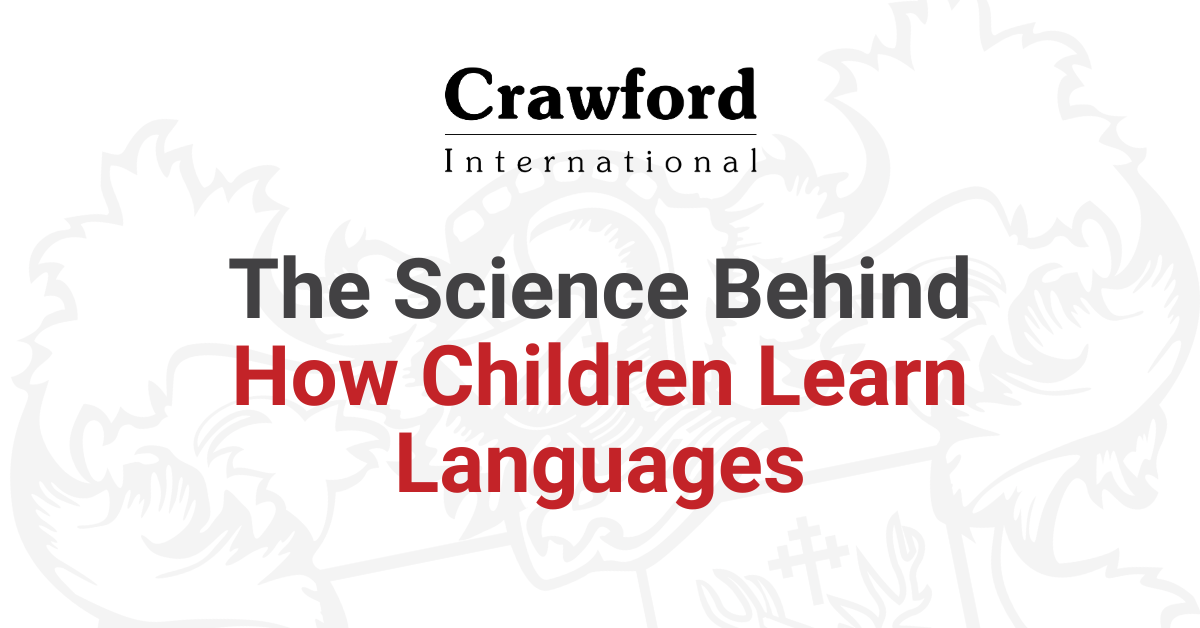Alumni Feature: Kai Coates
ADvTECH Group • October 22, 2021
Crawford Alumnae Kai Coates - A creative inspiration!

An authority on people, music, interiors, trends, well-being and style. Kai Coates is a Crawford North Coast Alumnae and young editor, writer and influencer at Fab Mags.
What does it mean to be a lifestyle editor?
It’s a very exciting job! You have to be on top of the latest lifestyle trends and be comfortable pitching and assigning big story ideas. It also helps that I work with an amazing team, they make it easy.
Do you have formal training in this field?
If you mean a degree in journalism, then no. But I am an example that anything is possible with solid commitment and hard work. I also had the best teachers when I was at Crawford International North Coast who set a foundation that I’m truly grateful for.
So, you’re following a degree of life!
Ha ha, yes, the degree of life will always be my compass, but I have enrolled to study an actual degree in BA: Communication Sciences in 2022. I’m very excited for my new journey.
Why a career path in Communication Science?
People are my jam, my thing! Studying communications can improve how we see others, it is the way we meet others, develop and manage relationships and work effectively with others. This was part of the global competencies programme that Crawford taught me and which drove my passion.
Read more about our globally aligned education programme.
You recently started your own businesses. Tell us more!
I took a gap year after Matric, which turned into gap years (plural) because of COVID. This led me to start my own businesses Ginger & Freckles that focuses on my passion for earring design as well as Ukugirlx which is teaching children online how to play the ukulele.
Wow, you’re a jewelry designer and a musician too?
I’m a creative. Writing music and original melodies are not that far from crafting an engaging story. The rhythm and flow are just a little different, but the emotion it evokes is the same.
During your time at Fab Mags, has there been a particular interview that really inspired you?
As an editor, I read and edit a lot of wonderful articles, but one interview that stood out was a piece in the August edition of The Ballito Magazine, from Dr. Pramlall about women’s health. It has inspired me to get more in tune with my own body and health. Also, there is a piece that I’m working on for the December issue, which I think will be my most memorable interview to date. Watch this space.
Where do you see the magazine industry going?
We are in an interesting space. Technology has brought our world together, and it has also changed the magazine landscape. Traditional media organisations are unable to keep up with the trendier, online platforms that multiply daily.
Fab Mags has already ventured into the digital magazine space to accommodate our advertisers and we are all very excited for the journey ahead. We are also aware that we will have to move beyond the page in an attempt to remain relevant and up to date.
How do you keep learning?
I am not shy to ask for help. I read a lot of books on different subjects and I follow writer-editors to see how their work compares to my own and the people I work with daily. I learn as I go along.
What advice do you have for students wanting to be writers or editors?
It’s hard work and it never ends. Make sure you work well under pressure and don’t get frazzled by deadlines. Most importantly, be yourself, especially in your writing. You will never be bored in this industry as you meet and do many different things. So, have fun!
What can we expect from you in the future?
I hope the future holds stability and success for me and I hope children continue to enjoy music melodies from Ukugirlx as well as beautiful designs from Ginger & Freckles.
I also hope I will have the opportunity to finish my degree and move into the communications industry with ease. And finally, I really, really hope borders open for actual travel and not just travel as a digital nomad (someone who travels online).
Read more Crawford Alumni success stories
here.












